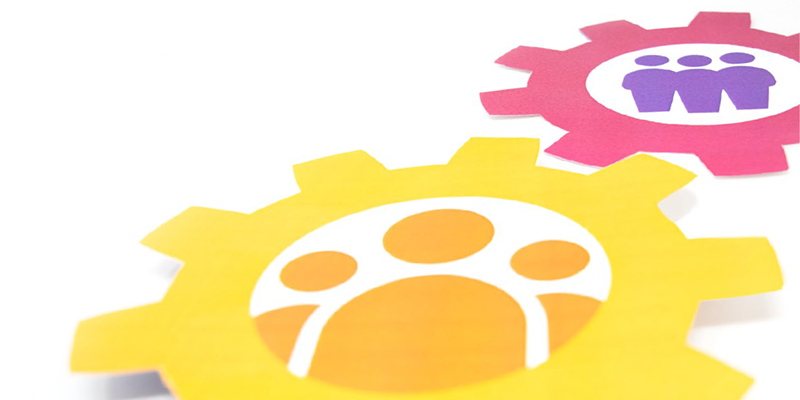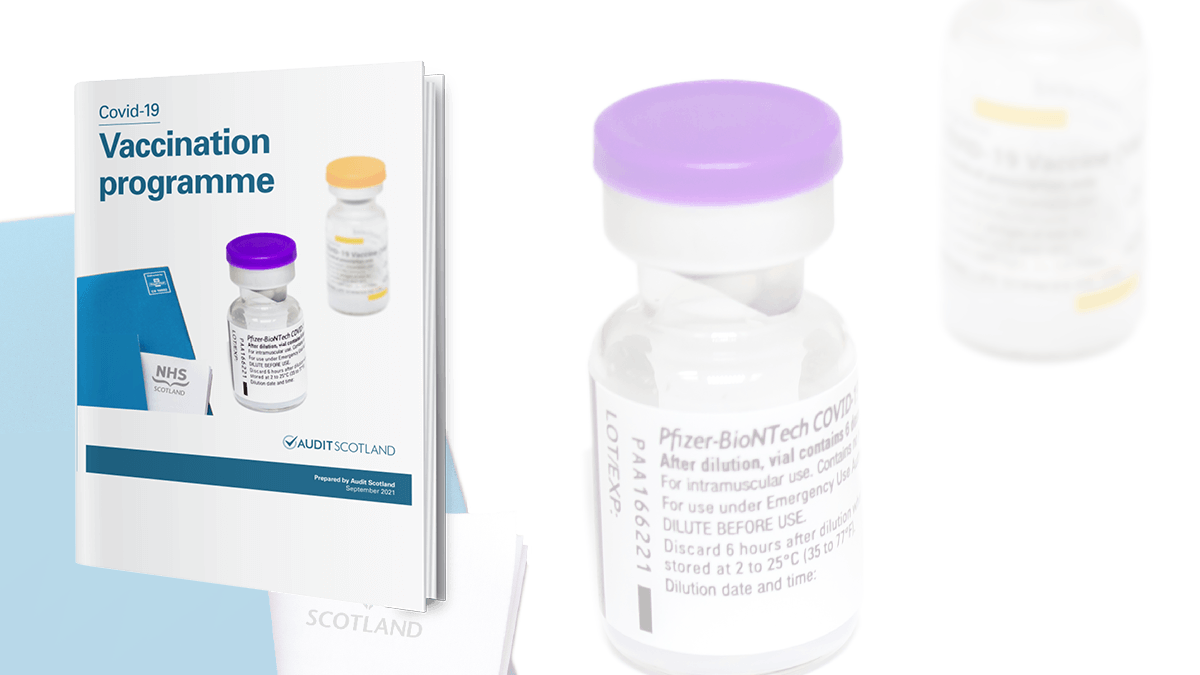Covid-19

Covid-19 has had far-reaching consequences for Scotland's public services and finances, and it will continue to have an impact in the future.
This topic brings together the Covid-19 related reports we've produced so far, as well as other resources.
Topics
Latest Covid-19 publications
-
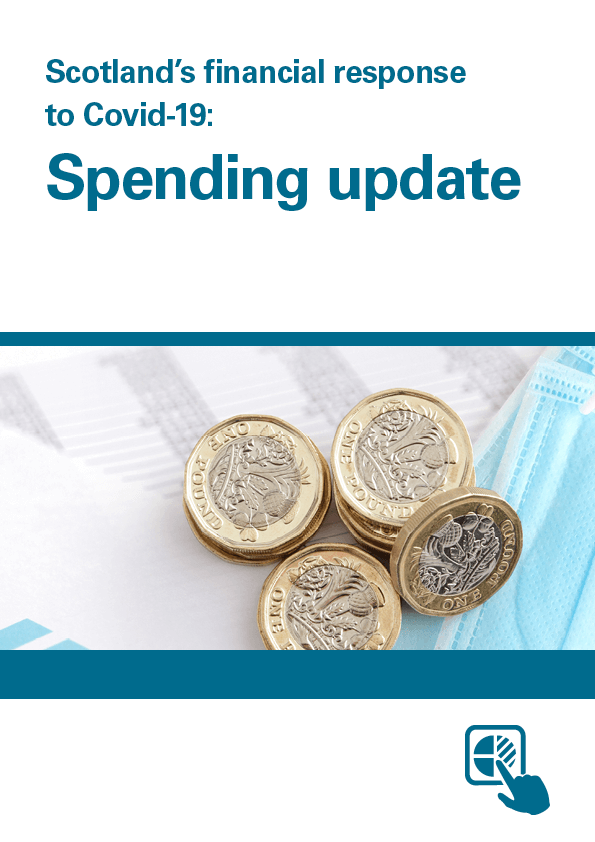 Scotland's financial response to Covid-19: Spending update
Scotland's financial response to Covid-19: Spending update
-
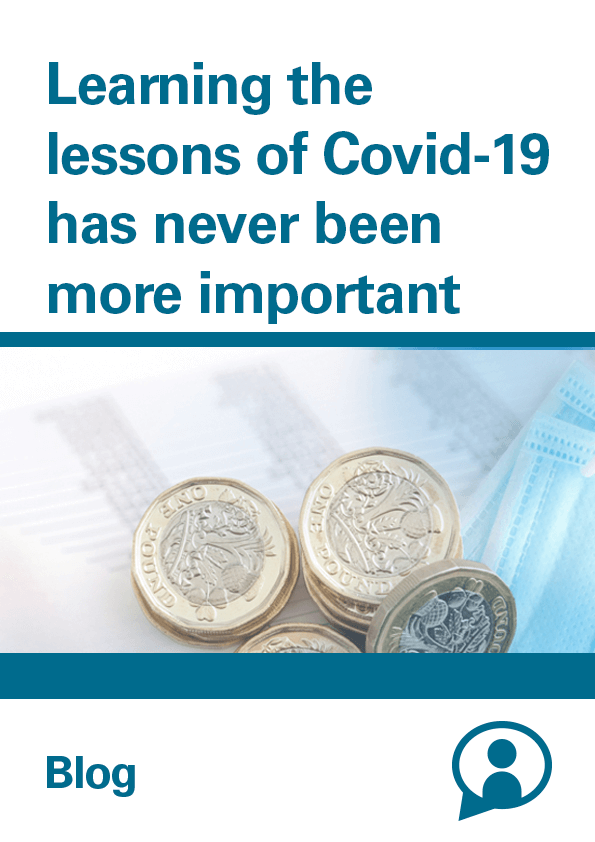 Learning the lessons of Covid-19 has never been more important
Learning the lessons of Covid-19 has never been more important
-
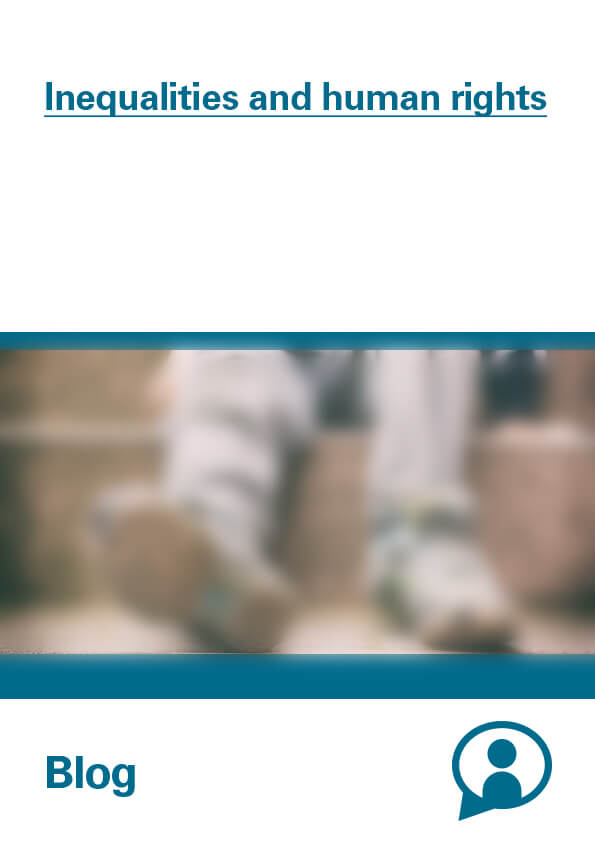 Inequalities in Scotland
Inequalities in Scotland
-
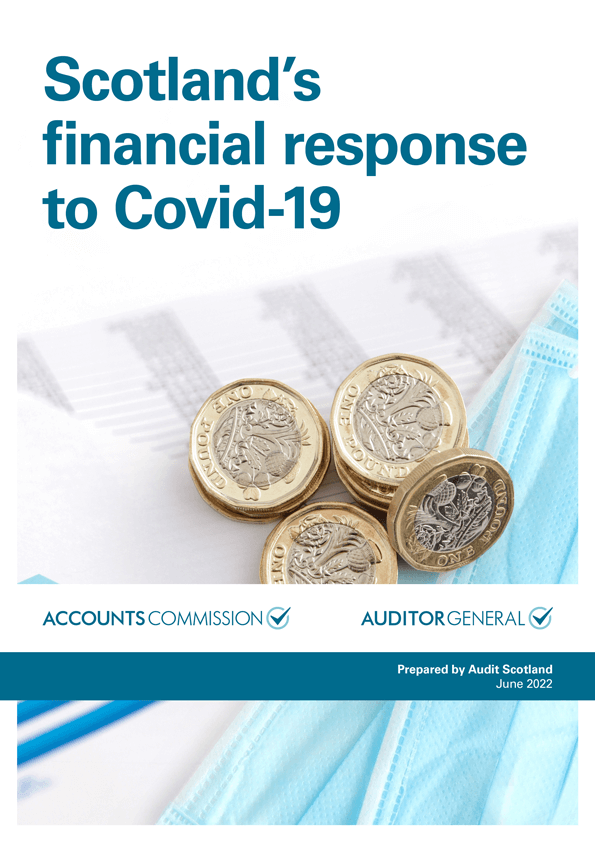 Scotland's financial response to Covid-19
Scotland's financial response to Covid-19
-
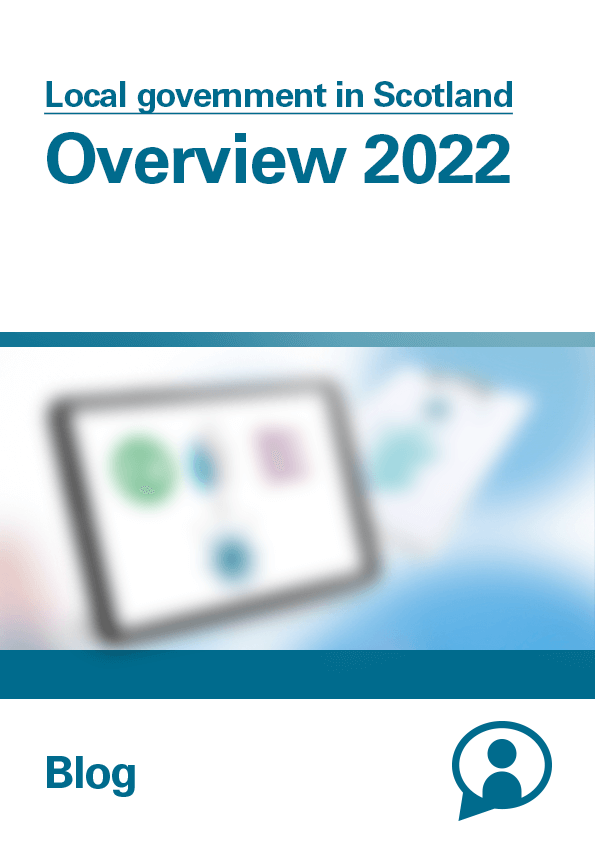 Local bodies continue to face a challenging and uncertain future
Local bodies continue to face a challenging and uncertain future
-
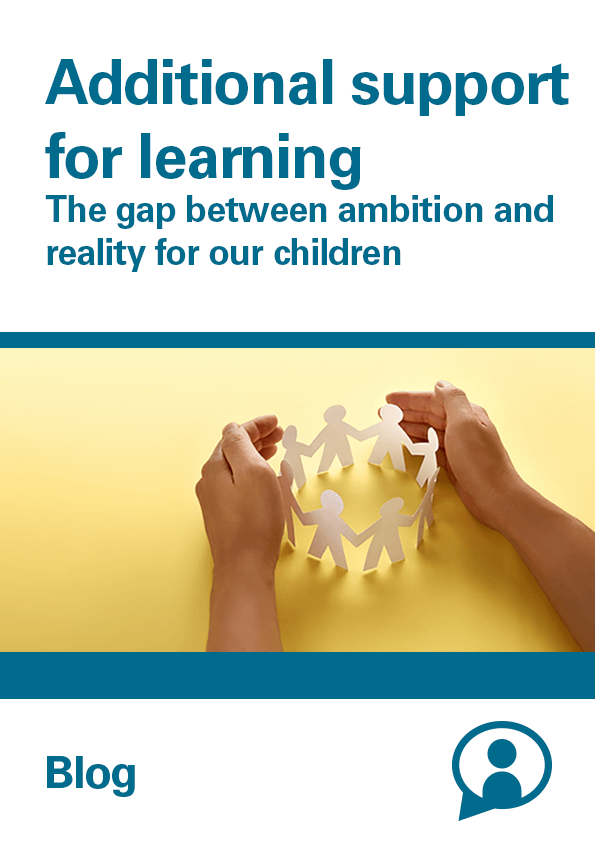 Additional support for learning - the gap between ambition and reality for our children
Additional support for learning - the gap between ambition and reality for our children
-
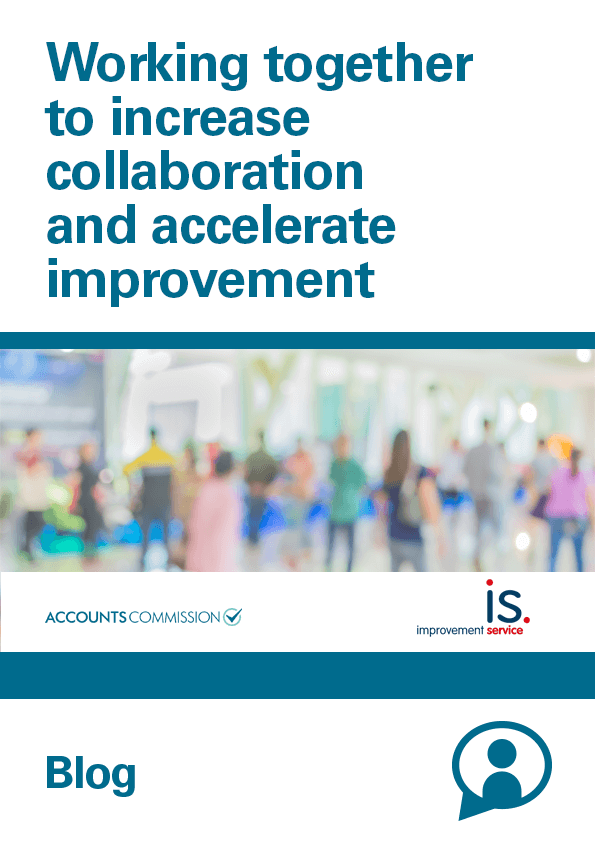 Our Strategic Alliance - one year on
Our Strategic Alliance - one year on
-
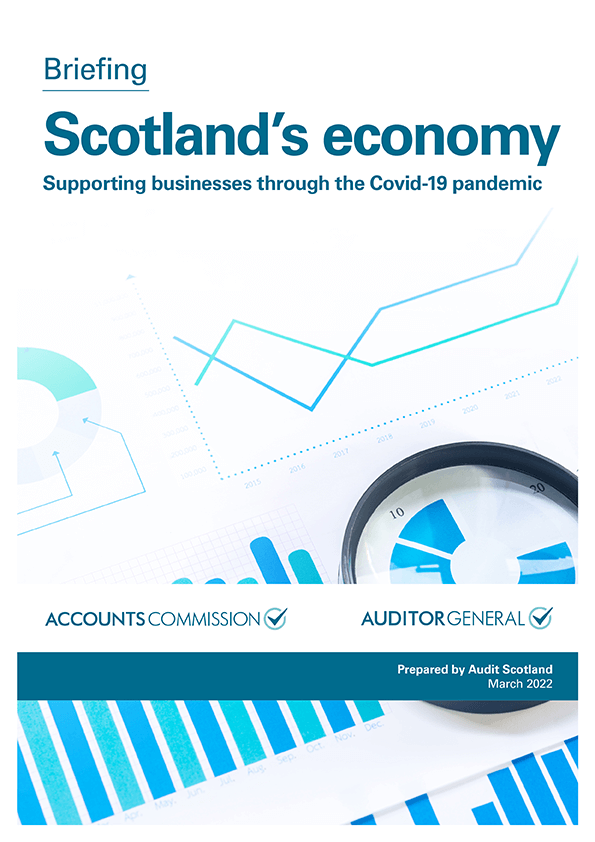 Scotland's economy: Supporting businesses through the Covid-19 pandemic
Scotland's economy: Supporting businesses through the Covid-19 pandemic
-
 Community empowerment: Covid-19 update
Community empowerment: Covid-19 update
-
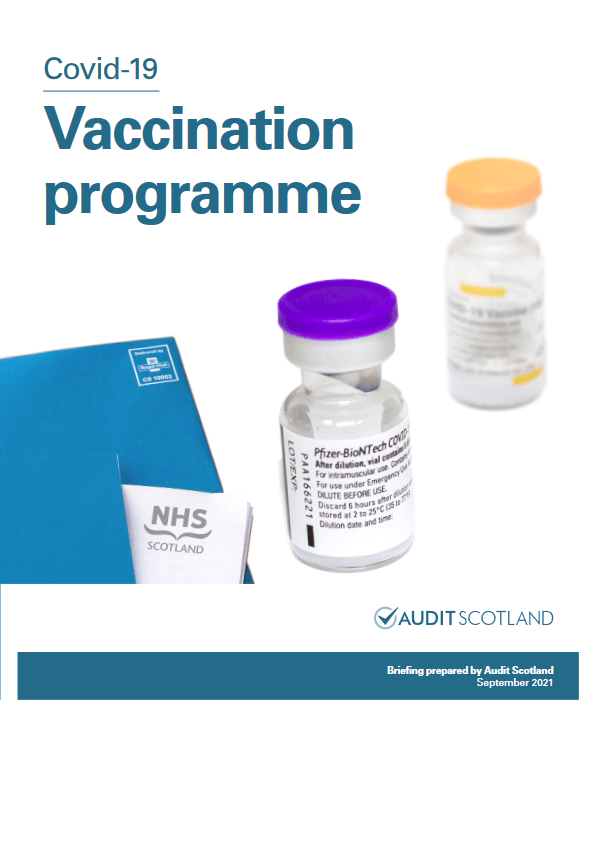 Covid-19: Vaccination programme
Covid-19: Vaccination programme
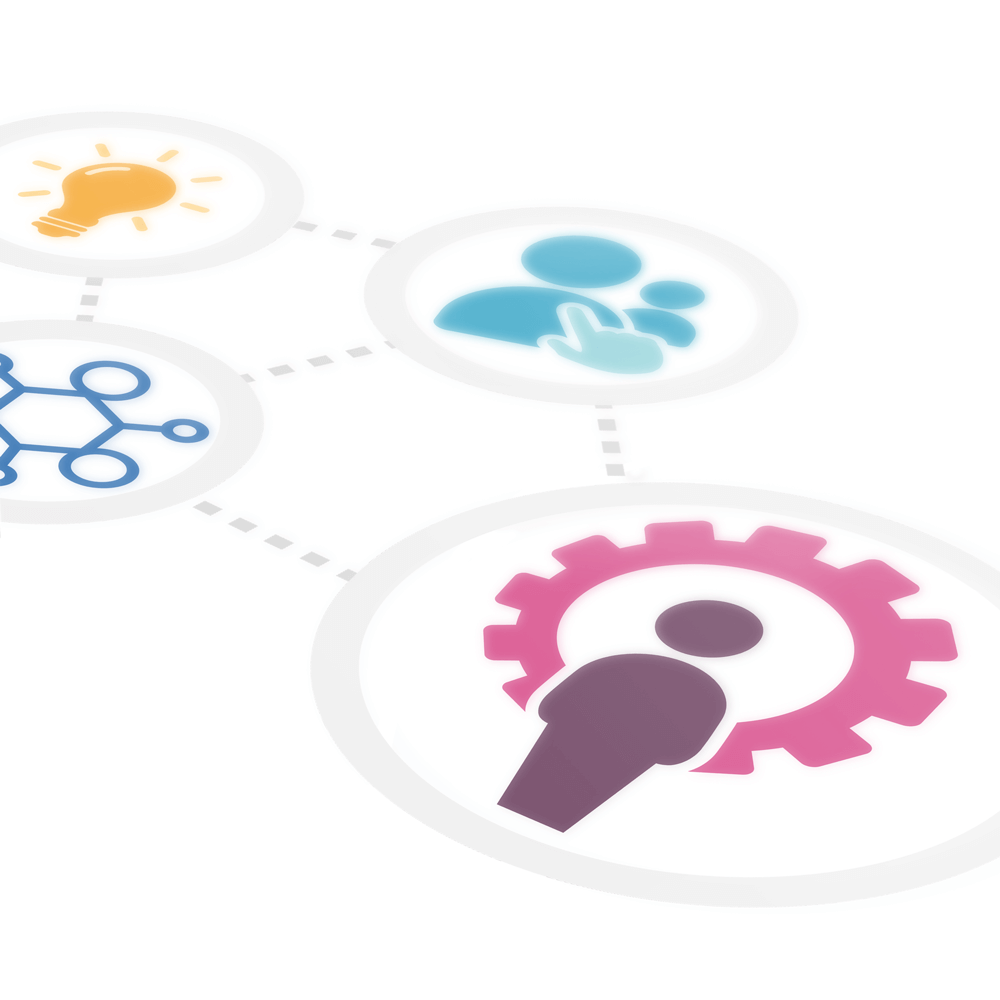
Digital innovation used to respond to the Covid-19 pandemic
Before the Covid-19 pandemic, the way we lived and worked, and how organisations operated, delivered public services and interacted with citizens was rapidly changing. Since March 2020, the pace of that change has accelerated. Organisations have had to innovate and collaborate on a scale never seen before. Digital technology has become a lifeline, allowing the continued delivery of public services, often to the most vulnerable in society. Its use has also exposed the risk of digital exclusion - not having the skills or resources to access vital public services, maintain learning, and stay connected with others.
We have sourced case studies from our wider audit work that provide examples of how digital innovation and transformation has been used to respond to the Covid-19 pandemic.
Covid-19 vaccination programme
The Covid-19 vaccination programme has made excellent progress in vaccinating a large majority of the adult population in Scotland.
By 17 September, more than 90 per cent of people aged 18 or over had received at least one Covid-19 vaccine. Levels of vaccine wastage have been low, and the programme has helped reduce the number of people getting severely ill and dying.
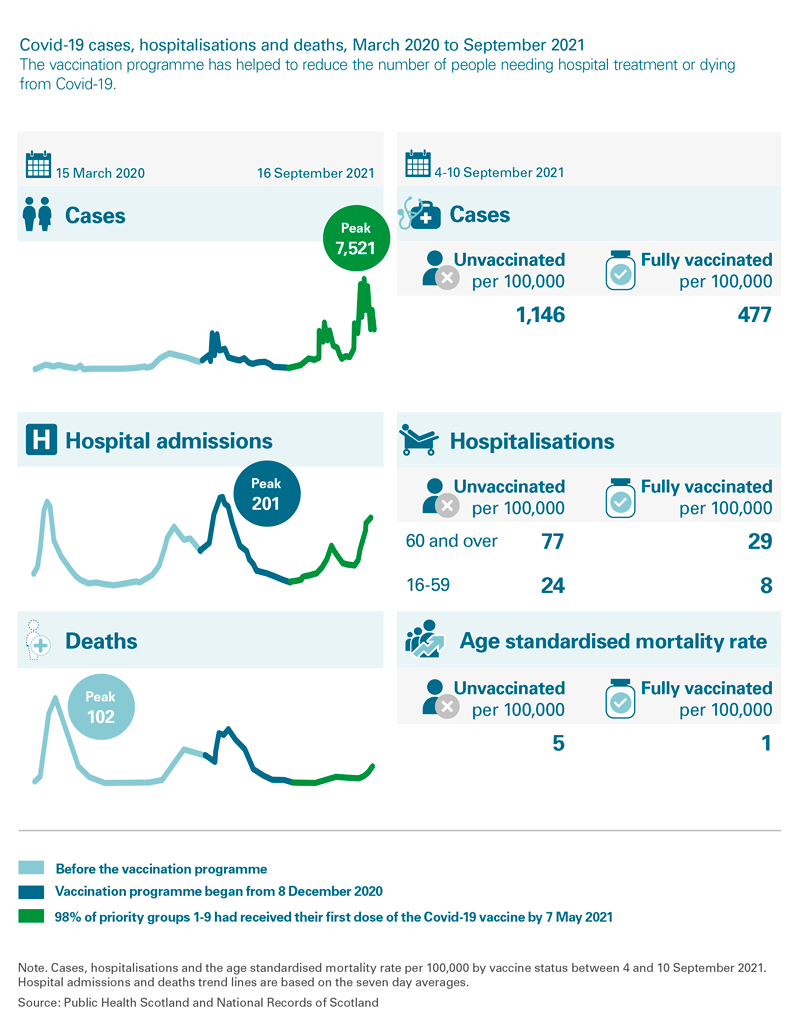
The infographic above illustrates Covid-19 cases, hospitalisations and deaths, March 2020 to September 2021
The vaccination programme has helped to reduce the number of people needing hospital treatment or dying from Covid-19.
Cases peaked at 7,521
- Between 4th and 10th September 2021, there were 1,146 Covid-19 cases per 100,000 in fully vaccinated people.
- Between 4th and 10th September 2021, there were 477 Covid-19 cases per 100,000 in unvaccinated people.
Hospital admissions peaked at 201
- Hospitalisations of unvaccinated people aged 60 or over: 77 per 100,000
- Hospitalisations of vaccinated people aged 60 or over: 29 per 100,000
- Hospitalisations of unvaccinated people aged 16-59: 24 per 100,000
- Hospitalisations of vaccinated people aged 16-59: 8 per 100,000
Deaths peaked at 102
- Age standardised mortality rate for unvaccinated people: 5 per 100,000
- Age standardised mortality rate for vaccinated people: 1 per 100,000
Note. Cases, hospitalisations and the age standardised mortality rate per 100,000 by vaccine status between 4 and 10 September 2021. Hospital admissions and deaths trend lines are based on the seven day averages.
Source: Public Health Scotland and National Records of Scotland.
Future Covid-19 audit work
Phases 1 to 4 of our audit work
Audit Scotland is committed to helping Parliament and the public understand how public money has been used during this crisis and ensure lessons are learned for the future. The complex and dynamic nature of the Covid-19 crisis means we will need to take a phased approach.
-
Phase 1 (short term)
- Briefing the Scottish Parliament on emerging audit risks linked to the public sector response to Covid-19.
- Considering what this means for our future work programme and the work of the Parliament’s Public Audit and Post Legislative Scrutiny Committee (PAPLS).
-
Phase 2 (medium term)
-
Developing the work programme to consider the impact of Covid-19 on:
- specific sectors (eg, NHS, further and higher education, justice, local government)
- policy commitments (eg, early learning and childcare expansion, addressing child poverty)
- thematic issues raised by Covid-19 (eg, the impact on Scotland's public finances, fraud risk management, inequalities).
-
Developing the work programme to consider the impact of Covid-19 on:
-
Phase 3 (longer term)
- Identifying lessons that can be learnt from the public sector's response.
- Assessing the outcomes achieved from key Scottish Government spending and programmes related to Covid-19.
- Aligning our work programme with the Scottish Government's work to rebuild Scotland's economy, remove inequality and advance wellbeing.
Risks and issues for public services emerging from Covid-19
Overview
Economic & fiscal

The response to Covid-19 will affect the Scottish economy and its public finances. There may be permanent scarring of some parts of the economy. Increased unemployment seems likely, especially among young people and lower-skilled people, and in certain sectors: tourism, hospitality, and retail. This may increase demands on the social security system. Any reduction in tax take, relative to the rest of the UK, will increase pressure on Scotland's public finances.
Public services
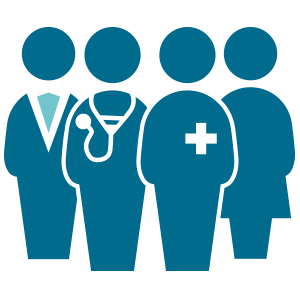
The response of public services to Covid-19 has been strong but there are questions about the sustainability of some sectors: social care, universities and threats to public service delivery associated with staff burnout, backlogs in many public services (NHS, courts), loss of income. There are pressures on the delivery of outcomes in the national performance framework, eg educational outcomes.
Equalities
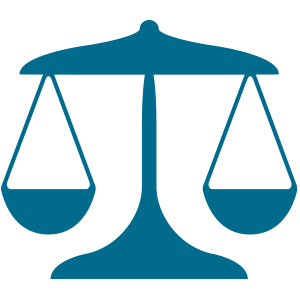
Covid-19 has the potential to increase inequalities. The Scottish Government has delayed the introduction of the Scottish Child Payment. There will be a greater economic and employment impact on younger people. There are higher mortality and morbidity cases among the BAME community. Deprived communities have experienced more acute direct (health) and indirect (education) effects.
Collaborative leadership

The response to Covid-19 has led to some coordinated and rapid responses across public services, such as multi-agency helplines, provision of emergency food and essential supplies and support for rough sleepers. It will be critical to sustain collaboration during the shift from short-term response to medium-term recovery. In some cases, a lack of collaborative leadership has had serious effects: transfer of infected patients from hospitals to care settings.
Adaptation & innovation

The response to Covid-19 has resulted in a rapid shift to remote working for large parts of the public sector, eg the establishment of remote council contact centres. This shift has happened at an unprecedented pace. The challenge will be to retain learning from the experience and enable future change. The response to Covid-19 has demonstrated how quickly the public sector can operate, eg the construction of a new hospital in Glasgow.
Digital

The response to Covid-19 has led to a major public sector pivot to more digitally delivered services including school, college and university education, virtual courts, online GP consultations and e-care. While there are genuinely positive aspects to this pivot, it does result in challenges about inequalities of access to digital technology and connectivity with regard to geography and deprivation.
Community engagement
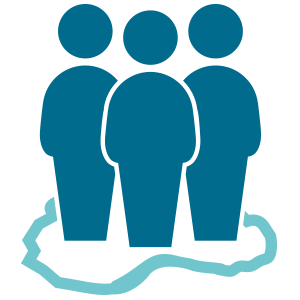
There are many examples of strong community support and resilience activity in response to Covid-19. However, the need to make rapid decisions about how to change how public services are delivered may have compromised the amount of community engagement that has taken place. As we shift from response to recovery to renewal, it is imperative that all communities are engaged.
Governance & accountability

The response to Covid-19 led to the adjustment to governance systems to enable rapid decision-making. This may have reduced scrutiny, oversight and transparency by non-executives and elected members. The rapid pace of change and changed ways of living and working have increased the risk of error and fraud.


